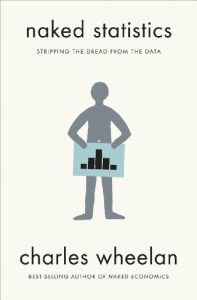
Naked Statistics
Stripping the Dread from the Data
Read or listen offline
Recommendation
Economist Charles Wheelan, author of the bestseller Naked Economics, presents statistics as more than just formulas and bell curves. His manual isn’t a textbook, but it does introduce the concepts of information literacy within the context of data analysis. By using a narrative style reminiscent of a TED talk and injecting humor into his examples, Wheelan enlightens those who are unaware of the beauty of data. His clear, approachable handbook is for the general business reader, not financiers or stock traders. It’s a seriously useful book for the number-phobic, though some readers may skim rather than devour certain large sections or even whole chapters. Wheelan makes things easier by giving several chapters their own appendixes full of detailed formulas. getAbstract recommends this light-hearted, easy read to anyone seeking greater understanding of the glories of statistics, as well as the pitfalls. It’s interesting, witty and authoritative enough to be impressive without bogging down in esoteric theory.
Take-Aways
About the Author
Author, professor, political candidate and economist Charles Wheelan wrote Naked Economics.








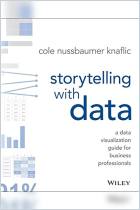
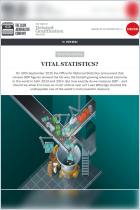
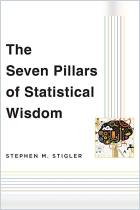
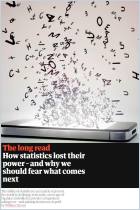
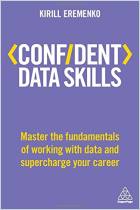
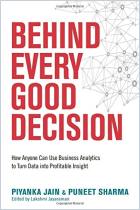

Comment on this summary or Начать обсуждение
"Assume that all statistical facts and figures are subject to bias" should be rather an advice to always check potential biases in the selection, collection, processing and presentation of data. The statement "Statsitics never prove anything" can be easily falsified by the fact that official statistics sufficiently prove that the country Luxembourg has inhabitants on the 1st of January 2015 (you can also be too sceptical).